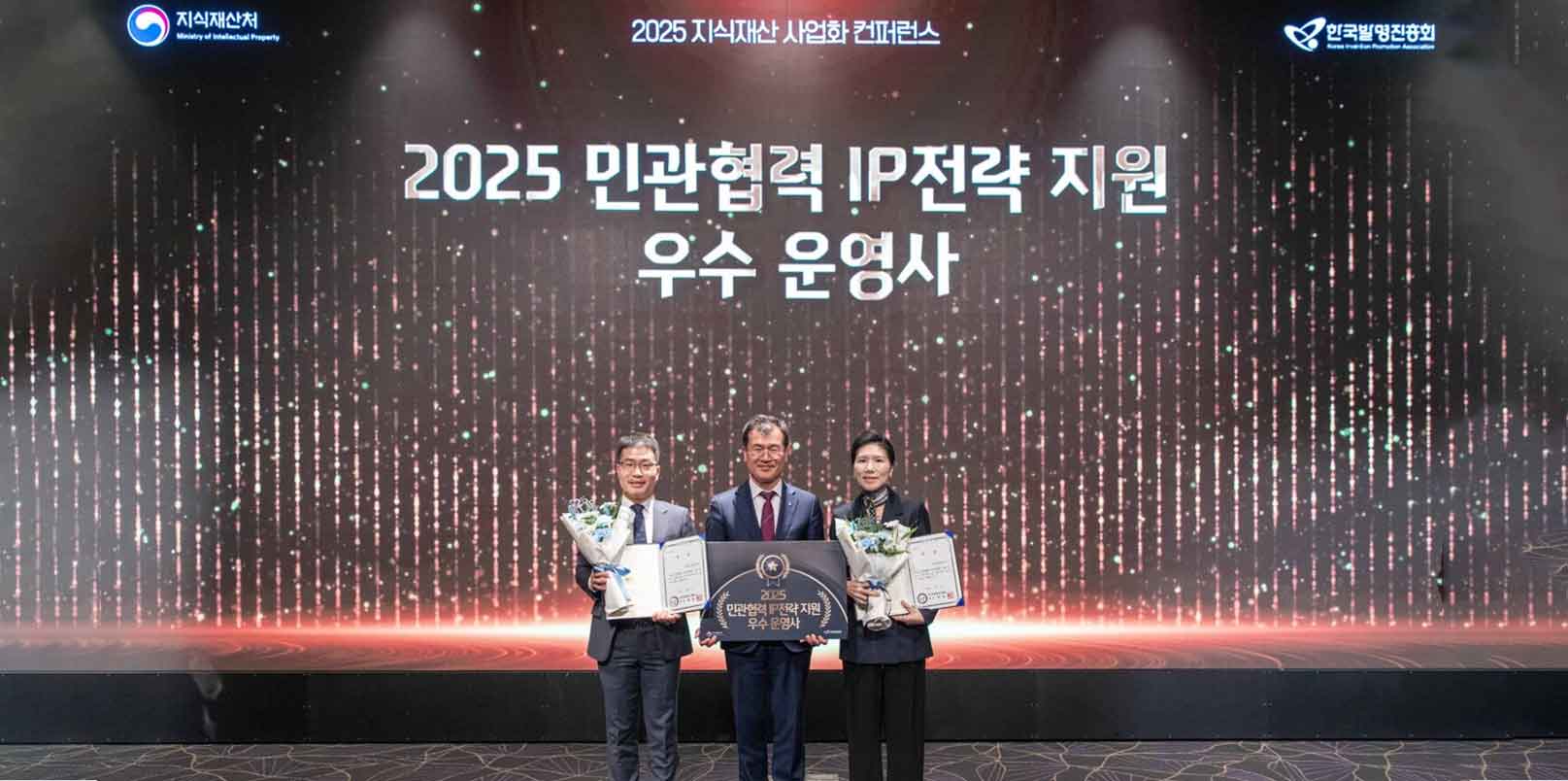Korea’s startup ecosystem is celebrated for its innovation and policy support, but liquidity remains a fundamental barrier to growth. While venture capital is flowing into sectors such as AI and biotech, many SMEs still struggle with cash flow constraints that limit their ability to scale. The case of fintech startup 276 Holdings demonstrates how new financing solutions are addressing this systemic weakness.
276 Holdings Secures ₩2.9B ($2.1M) Series A to Ease Korean SMEs and Startups Liquidity Blockage
Seoul-based fintech startup 276 Holdings, founded in 2019, has raised ₩2.9 billion (US$2.1 million) in Series A funding. Investors include Korea Investment Accelerator, HG Initiative, and Dunamis Asset Management. Big Basin Capital, a Silicon Valley–based investor, is also expected to support the company’s overseas expansion.

The company operates two platforms: Flow Pay has processed ₩6.5 billion (US$4.6 million) in cumulative transactions, with client companies reporting an average 358% revenue increase. Flow Point, launched in July 2022, has attracted 1,063 corporate members, recorded ₩666.2 billion (US$476 million) in transactions, and achieved a 61% re-use rate.
This dual approach positions the company as a new player in resolving cash flow bottlenecks for SMEs and startups.
Why Liquidity Matters for Korean SMEs and Startups
Access to liquidity is one of the most pressing challenges for Korean SMEs and early-stage startups. Despite strong order books, companies often cannot secure the working capital required for raw materials or production facilities.
According to the Bank of Korea, SME raw material procurement costs rose from ₩141 trillion in 2020 to ₩200 trillion in 2022, driven by inflation and interest rate hikes. Yet less than 10% of receivables are securitized, reflecting the difficulty of accessing bank loans or collateral-based financing.
276 Holdings is tackling this gap from a distribution perspective, providing intermediary financing that traditional financial institutions often do not extend to companies without credit ratings or long operating histories.
Investor Confidence in Distribution-Based Fintech
HG Initiative Executive Director Seo Gwang-seok, who participated in the Series A round, commented:
“We viewed 276 Holdings as a fintech company capable of easing SMEs’ liquidity blockage. What stood out was the focus on distribution, rather than replicating existing financial services.”
Seo Gwang-seok also noted the investment was made through the Social Services Account Fund under Korea’s government-backed Mother Fund, underscoring the policy dimension of supporting SME financing innovation.
CEO Shin In-keun added:
“This investment will allow us to advance our AI-based evaluation models and create growth opportunities by leveraging synergies with our new shareholders.”
Liquidity as a Systemic Barrier for Korea’s Startup Ecosystem
The case of 276 Holdings highlights an often-overlooked challenge in Korea’s startup ecosystem: liquidity. This is often seen as much a limiting factor as innovation.
- Scaling barrier: Even with strong demand, startups risk stagnation without financing to cover procurement and operations.
- Ecosystem impact: Liquidity constraints affect SMEs across manufacturing, mobility, and tech hardware — sectors that underpin Korea’s innovation economy.
- Global context: Compared to the U.S. and Europe, where receivables financing frameworks are more established, Korea is only beginning to see fintech-led alternatives emerge.
276 Holdings’ solutions — Flow Pay and Flow Point — illustrate how fintech can become a structural enabler for Korea’s startups, bridging gaps left by traditional capital markets.
From Case Study to Ecosystem Imperative
Finally, Korea’s startup ecosystem cannot rely on venture capital alone. The persistence of cash flow bottlenecks shows that financing innovation is as crucial as technological innovation.
276 Holdings’ growth, backed by both domestic and international investors, underscores how fintech can address liquidity on a scale. Therefore, unless systemic liquidity issues are resolved, Korea’s startups will remain constrained in global competitiveness, regardless of how much venture capital they attract — a clear signal to policymakers and investors.
Eventually, global founders and investors can view the case of 276 Holdings as evidence that a fintech is capable of addressing structural bottlenecks in capital-constrained ecosystems. Policymakers, meanwhile, can now face the question of how liquidity support frameworks — not only venture capital — will shape a nation’s startup competitiveness.
🤝 Looking to connect with verified Korean companies building globally?
Explore curated company profiles and request direct introductions through beSUCCESS Connect.
– Stay Ahead in Korea’s Startup Scene –
Get real-time insights, funding updates, and policy shifts shaping Korea’s innovation ecosystem.
➡️ Follow KoreaTechDesk on LinkedIn, X (Twitter), Threads, Bluesky, Telegram, Facebook, and WhatsApp Channel.






